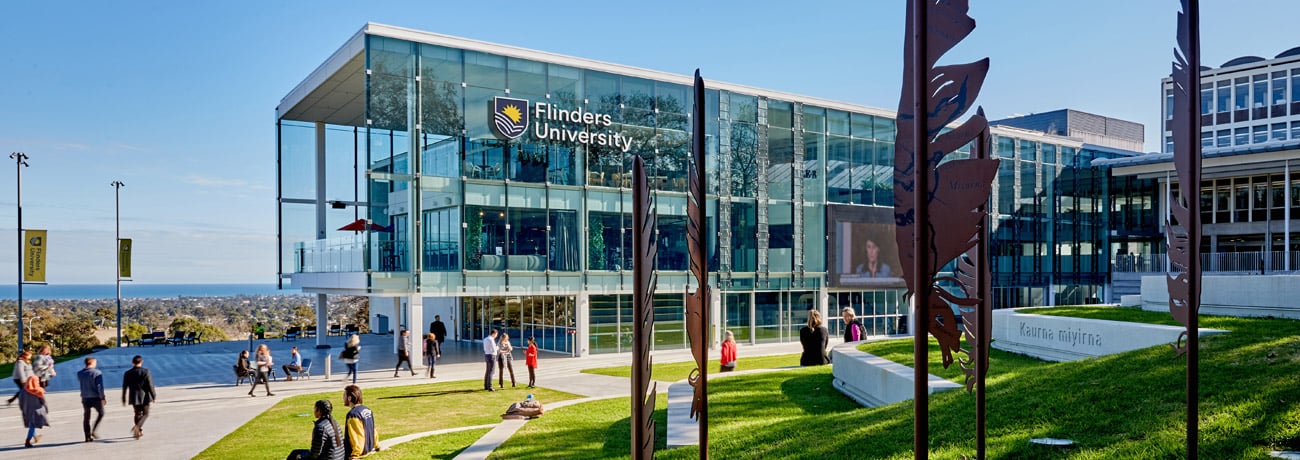

Flinders University recognises international secondary schooling for direct entry to undergraduate programs.
English language requirements
This double degree program enables school leavers without an undergraduate degree to pursue a career in medicine. The program provides a high standard of academic, clinical and professional medical training to equip graduates with the skills necessary to take up positions as hospital interns and thereby qualify for medical registration in Australia.
What you will study
First year
A typical first year may include:
Second year
A typical second year may include:
Third to sixth years
Typical third to sixth years may include:
Your career
To qualify for registration with the Medical Board of Australia, on graduation you will need to complete a year as a hospital intern. Internship allocations in South Australia are managed by South Australian Medical Education and Training.
In addition to pursuing further training in a wide range of medical specialities, graduates may work in research, public health or community aid around the world, or in health administration.
Potential occupations include:
Level of Study: Bachelor Degree
Duration: 6 years
CRICOS Course Code: 080922F
English Requirements: IELTS Score UG 7
Annual Tuition: AUD$48,600.00
Disclaimer: The listings provided on the StudyAdelaide.com website are for information and promotional purposes only. The information, content and material provided in the listings is the sole responsibility of each education provider. While every care has been taken in preparing the information published on this website, StudyAdelaide does not guarantee the accuracy or currency of the content.